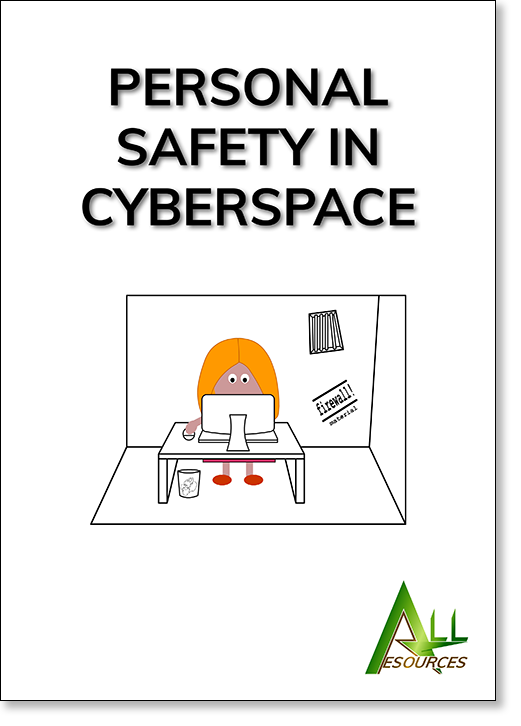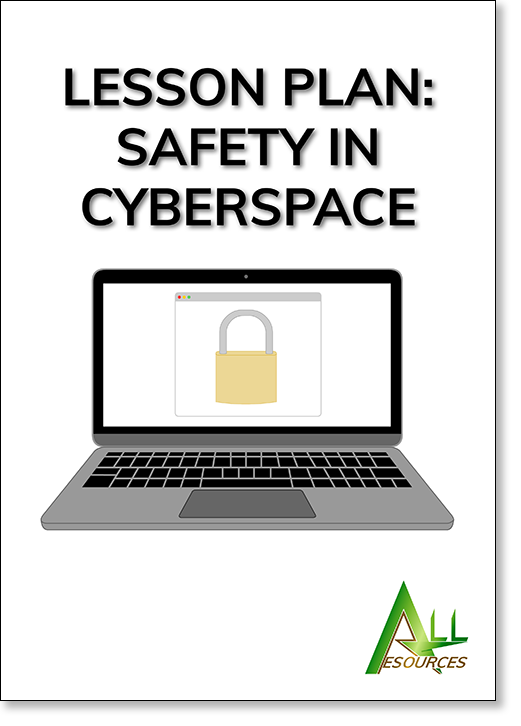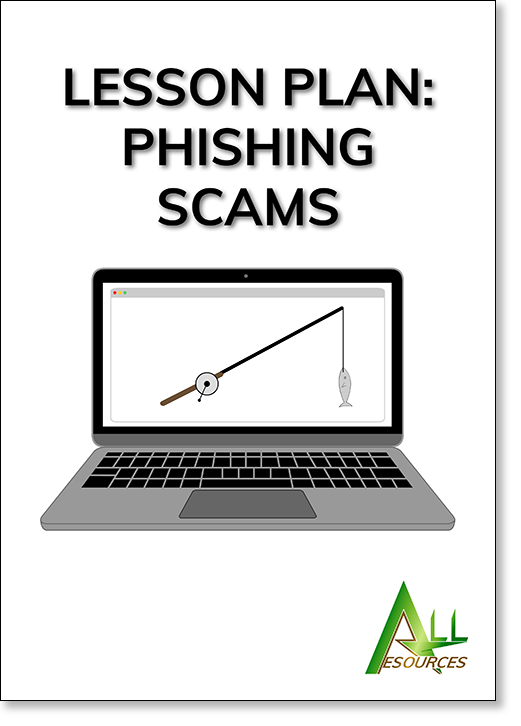ID Theft
ID theft is a growing crime. It can affect your credit rating and you may have difficulty applying for bank accounts, loans, credit cards, debit cards, mortgages etc. It is therefore vital that you keep your personal information secure and confidential.

Personal Safety in Cyberspace
This pack looks at the dangers of online grooming, malicious software, webcams, cyberbullying and scams.
- Age range: 12 years and upwards
- Category: Schools
- Last revised: 2023
- Pages: 73
- Illustrated throughout
Hard copy: £25.99 add to basket
ID Theft Lesson Plans

Safety in Cyberspace
This lesson plan examines the dangers of the internet and how to stay safe on the web.
- Age range: 12 years and upwards
- Category: Lesson plan
- Last revised: 2022
- Pages: 14
- Duration: 50 mins – 1 hour
Hard copy: £10.99 add to basket

Phishing Scams
A lesson plan on phishing and the different types of phishing scams used online.
- Age range: 12 years and upwards
- Category: Lesson plan
- Last revised: 2022
- Pages: 15
- Duration: 55 mins – 1 hour
Hard copy: £10.99 add to basket
What is ID Theft?
ID theft occurs when someone’s identity is stolen and deliberately used in order to commit fraud. Fraudsters can use someone’s personal information to open a bank account, purchase goods or services, obtain bank cards or apply for a loan. They can also use their victim’s ID to hack into their bank account.
Types of ID Theft
The information that identity thieves want to steal includes:
- Income tax information
- Social security information (this will vary depending on your country of residence)
- Bank account details
- Phone or utilities information
- Names and addresses
- Employment information
- Personal information such as date of birth, children’s details etc
How to Protect Yourself from ID Theft
There are many ways criminals can steal your personal information, but there are also ways you can protect your valuable data from security fraud:
- Keep all personal documents in a safe, secure place — this includes birth certificates, passports, bank account details, cheque books etc.
- Do not share personal information online.
- Reconcile your bank statement each month and notify your bank if you notice any transactions that are unfamiliar or which look suspect.
- Shred personal information that you no longer need — do not dispose of personal information in your refuse bin without shredding first.
- If you lose bank cards, cheque books etc, contact your bank immediately.
- For lost passports, driving licences or any other official documents, notify the relevant organisation immediately.
- Never give your bank or personal information to anyone who telephones you — your bank will not ask for this information.



